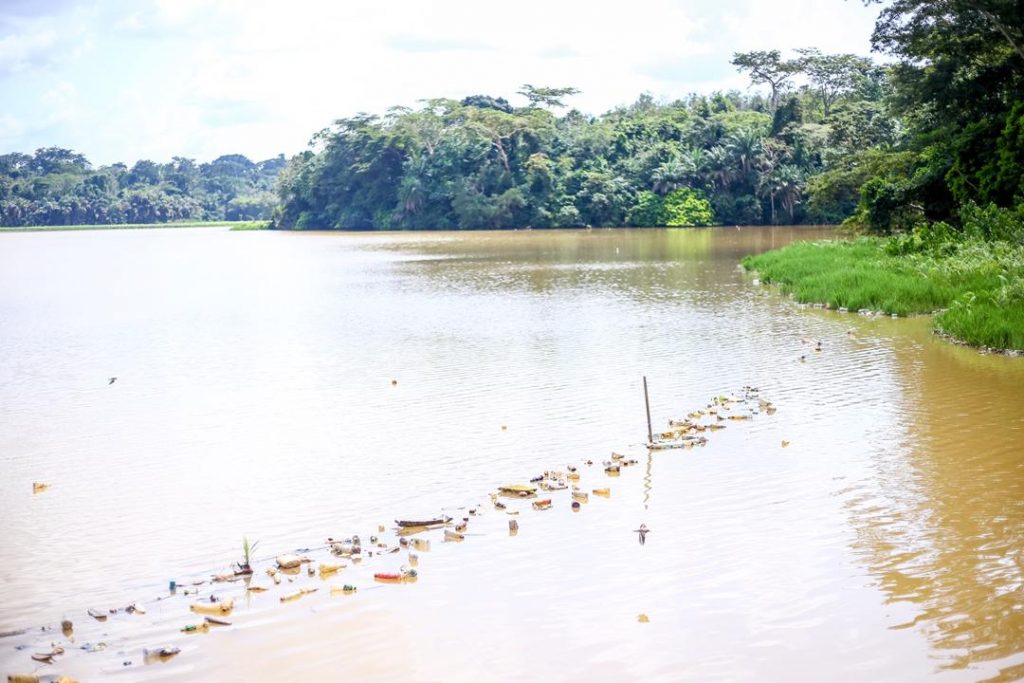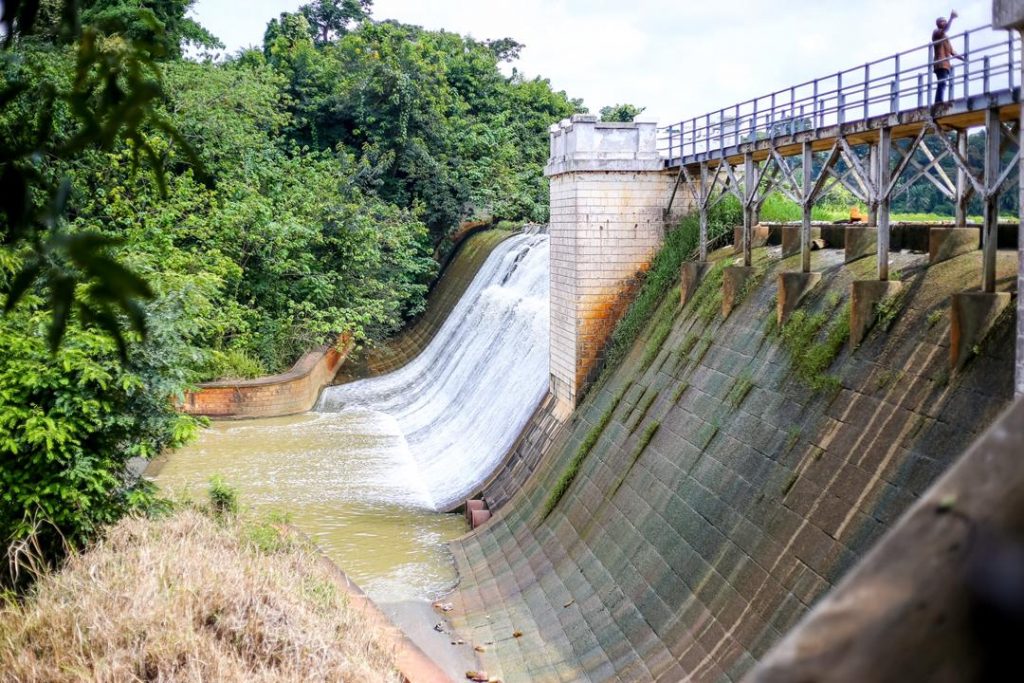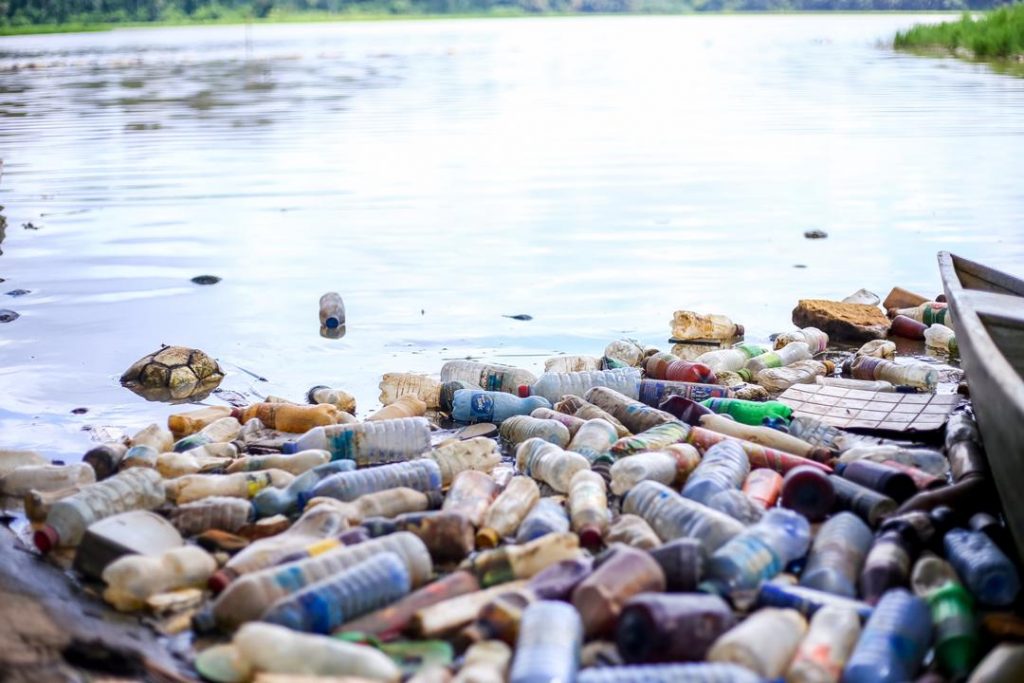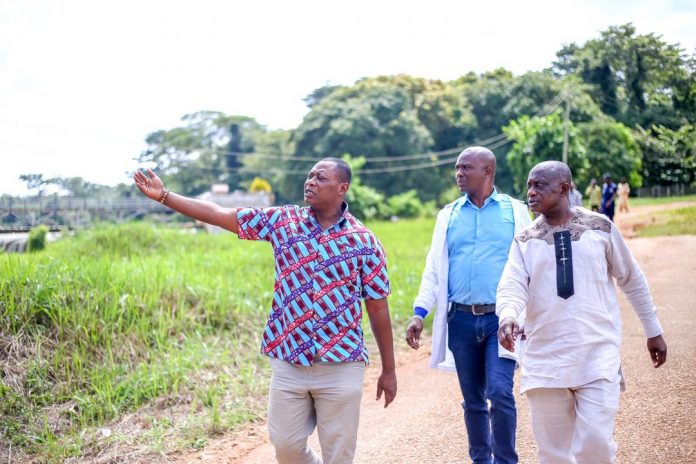The catchment areas of the Barekese and Owabi Dams in Kumasi will soon be declared a security zone, Ashanti Regional Minister, Simon Osei Mensah has hinted.
The Minister is also proposing similar interventions at such areas across the country.
The two facilities provide potable drinking water to millions of homes in the Ashanti Regional capital, Kumasi.

Human activities such as encroachment, illegal artisanal fishing and farming have silted the water bodies resulting in stress on the facilities.
Managers of the facility, the Ghana Water Company (GWCL) says the Barekese Dam— which originally had a depth of 22.5 m has drastically reduced to 6.5 m due to the indiscriminate dumping of plastic waste entering the facility during downpours.

Concerns
Such activities, the GWCL indicated, were affecting the survival of the dam and could lead to a closure of the facility.
Ashanti Regional Minister, Simon Osei Mensah, who is alarmed about the briefing said the situation needs swift actions.
“The Regional Security Council will as soon as possible write to the President through the National Security Minister to urgently consider declaring all Water Treatment areas across the country including its buffer zones a purely Security Restricted Areas”, the Minister said after he toured both Barekese and Owabi Treatment Plants in the Atwima Nwabiagya North District Wednesday.

He continued, “when these places are declared security zones with the Military or the Police taking over and building their camps there, it will be difficult for people to penetrate and construct buildings there whether commercial or private accommodation or any other settlement in such zones”.
Measures
The Ghana Water Company is also considering a number of projects to dredge the Barekese Dam to increase supplies before crisis sets in.
The Ashanti Regional Minister was at the facility with the District Chief Executive for Atwima Nwabiagya North, Rebecca Yeboah— following media reports.
SDG 6; Achievable?
The development appears to deviate from Ghana’s quest to achieving the Sustainable Development Goal—6.
Per SDG 6, every Ghanaian must have access to “safely managed sanitation” by 2030.
Though Ghana has made some slight improvement to water, sanitation and hygiene (WASH) access, experts say there is still much work to be done.
Statistics show that the percentage of people with clean water has increased by 17% points and those with a decent toilet has grown by 9%.
19% (5,478,460) Ghanaians still do not have clean water and 82% (23, 643,880) do not have a decent toilet. The current rate of progress is too slow to meet the Sustainable Development Goal (SDG) 6.
By J Ofori, Daily Mail GH





